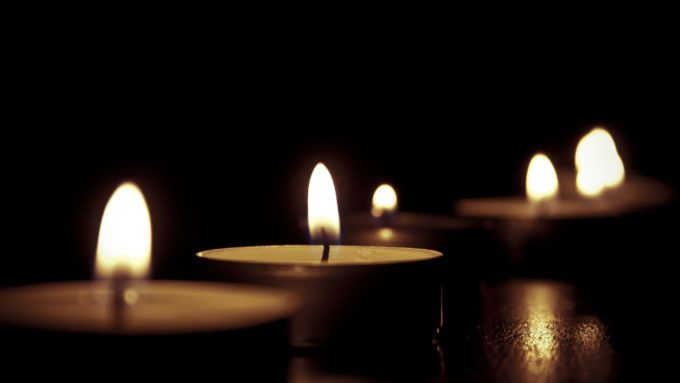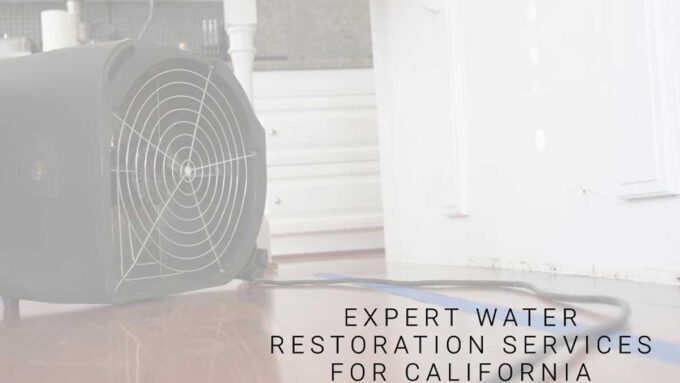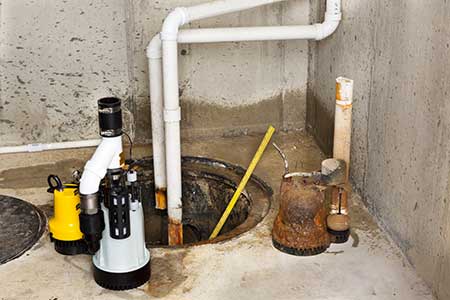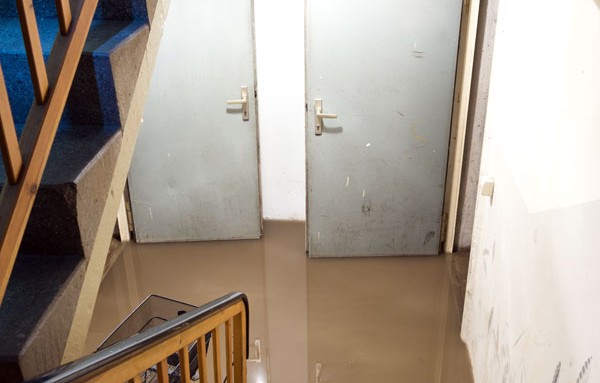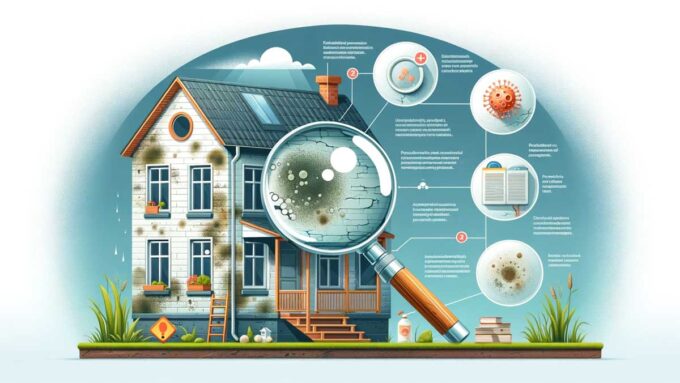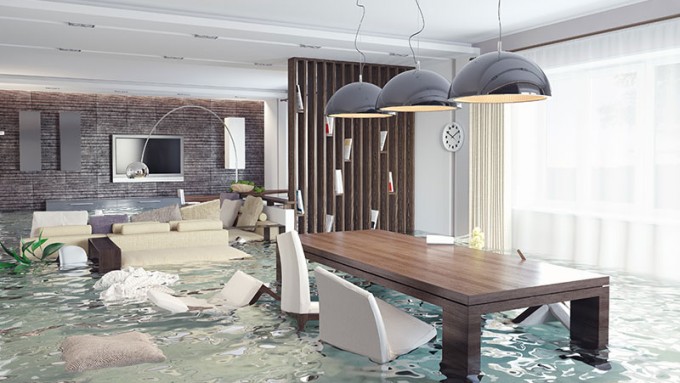Are you tired of being left in the dark during storms or worry about dealing with a power outage due to a natural disaster? If so, consider purchasing a backup power generator. You may have considered this before, but perhaps were overwhelmed with information and choices. We’ll help clear all that up for you.
This Is What You Need To Know To Buy A Generator
Size Of The Generator
Size does matter. If you are trying to power all or parts of your home during a power outage, you’ll need a generator wattage capacity that equals the load you’ll run in your home. Generator manufacturers have a wattage guide. Total up the wattage needed for all appliances, like refrigerators and washing machines, and particularly air conditioners. Also total wattage use for other devices, such as lamps and computers you want to power. You’ll need a generator wattage slightly higher than your max wattage total to run your home properly. Water heaters and air conditioners put a tremendous load on generators.
Safety Considerations With Generators
Many medical emergencies and even deaths comes from running generators improperly. The generator must be run outdoors, never indoors, and in a well-ventilated space to prevent carbon monoxide buildup. And the generator should be placed at least 10 feet away from the home.
Generators also create electrical hazards. Plug in proper three-pronged extension cords at all times, and keep cords away from puddles and pools.
Always do a test run of your generator, well in advance of when you think you’ll need to use the equipment. Start up generators regularly to ensure proper operation. You can add a gasoline stabilizer to the generator fuel tank to keep the gas from deteriorating over time while the generator is not in use.
Always allow a generator to shut down and cool off before refueling it or storing it in your garage or shed.
Portable or Built-In Generator
Permanent in-home generators run on natural gas or propane, tying in directly to your gas line. They’re much safer because they don’t run on gasoline, but they’re also much more costly and may be overkill if you only need a generator a couple of times a year. They are convenient, though. This type automatically powers up when your main power goes off. They require very little monitoring and are much quieter, so they’re ideal for areas with noise restrictions.
Most Americans have a small gas portable generator. If the power goes out, you take it outside and fire it up. These require the most monitoring.

